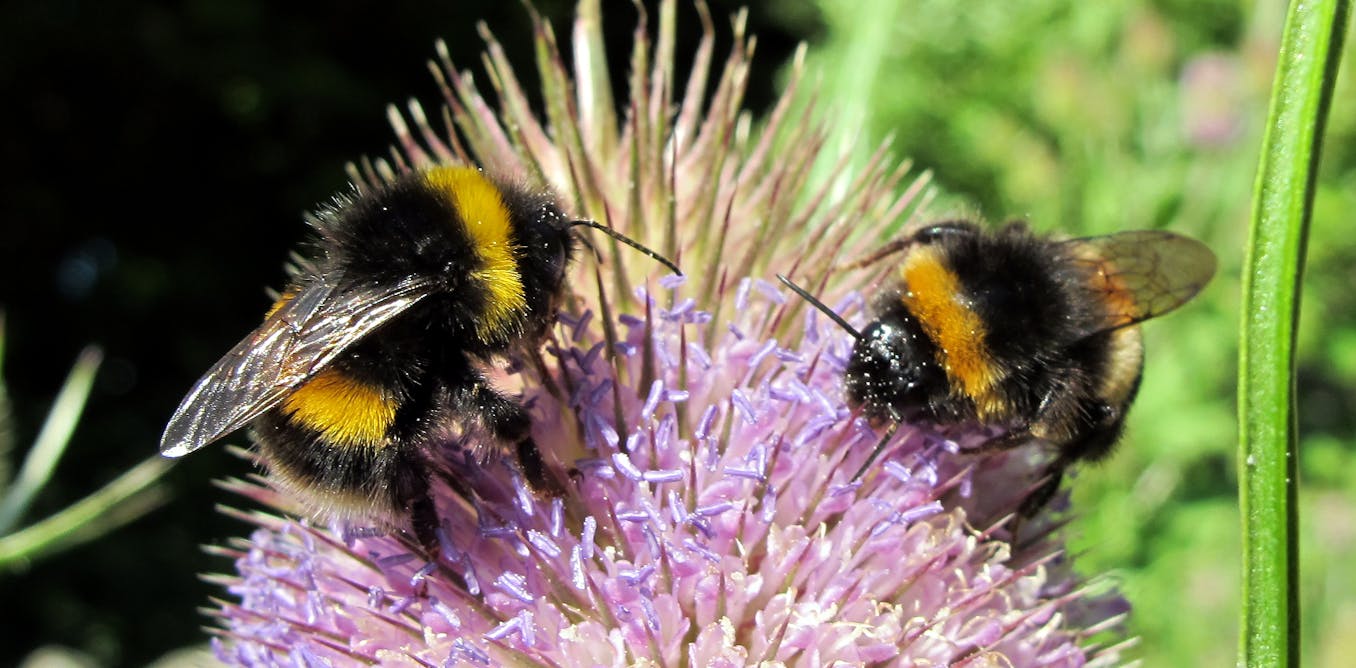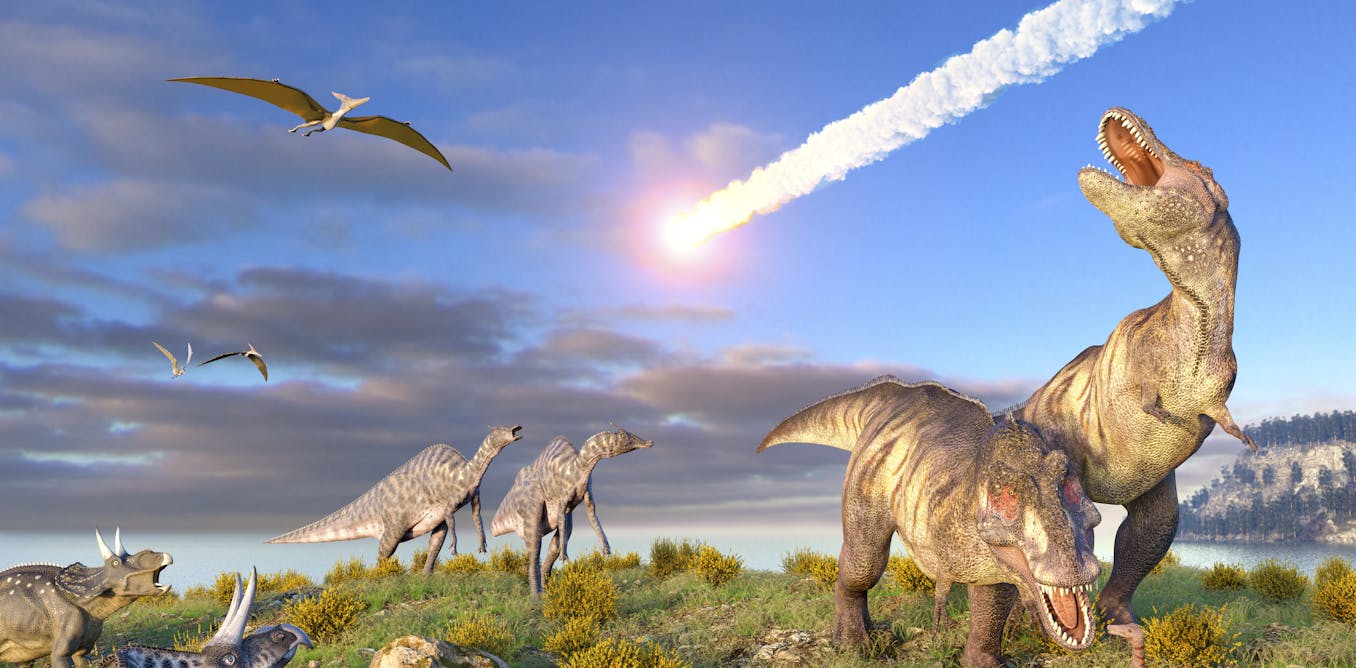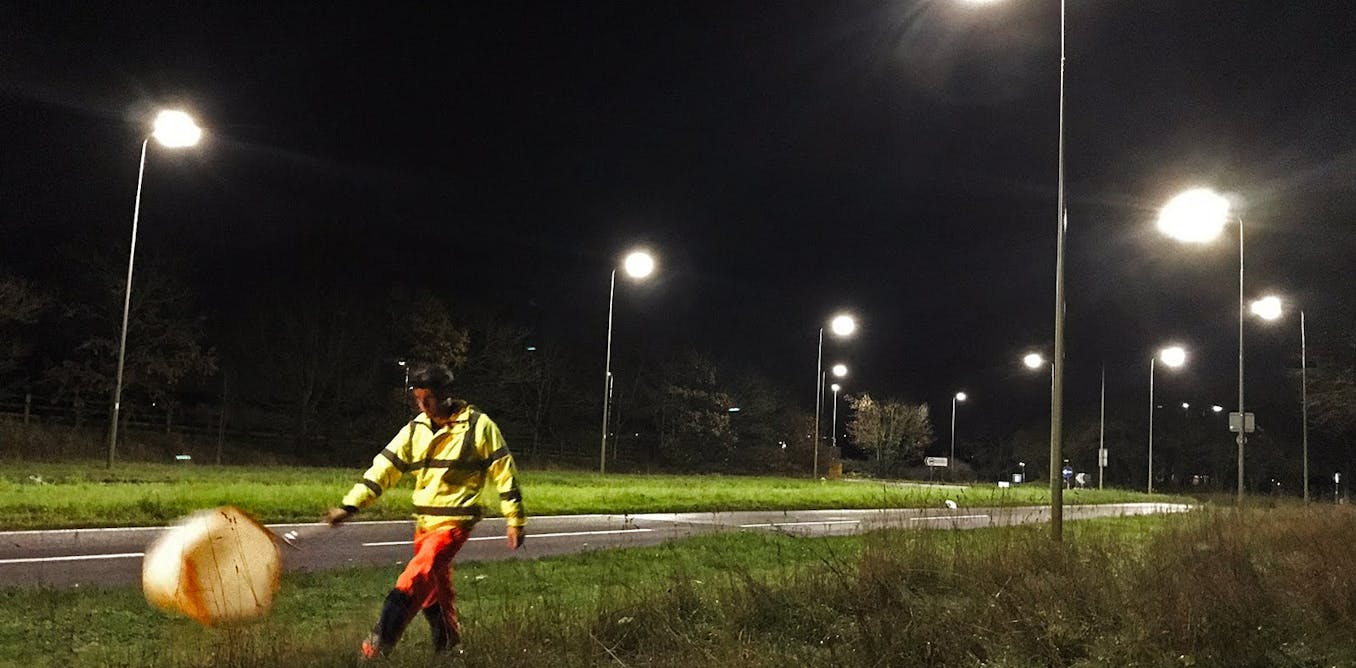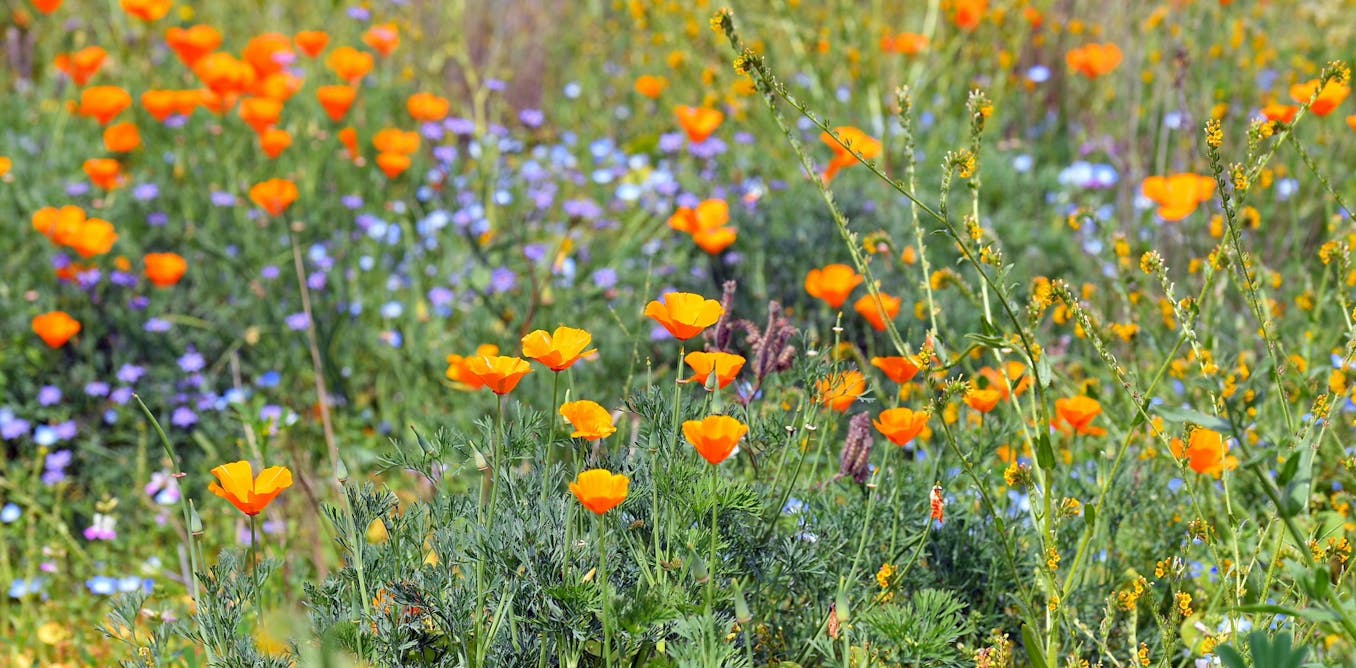Bedbugs' biggest impact may be on mental health after an infestation of these bloodsucking parasites
Bedbugs are pretty much universally reviled. But a public health entomologist explains how – while potentially traumatizing to deal with – they aren’t likely to make you sick.
June 3, 2022 • ~8 min










